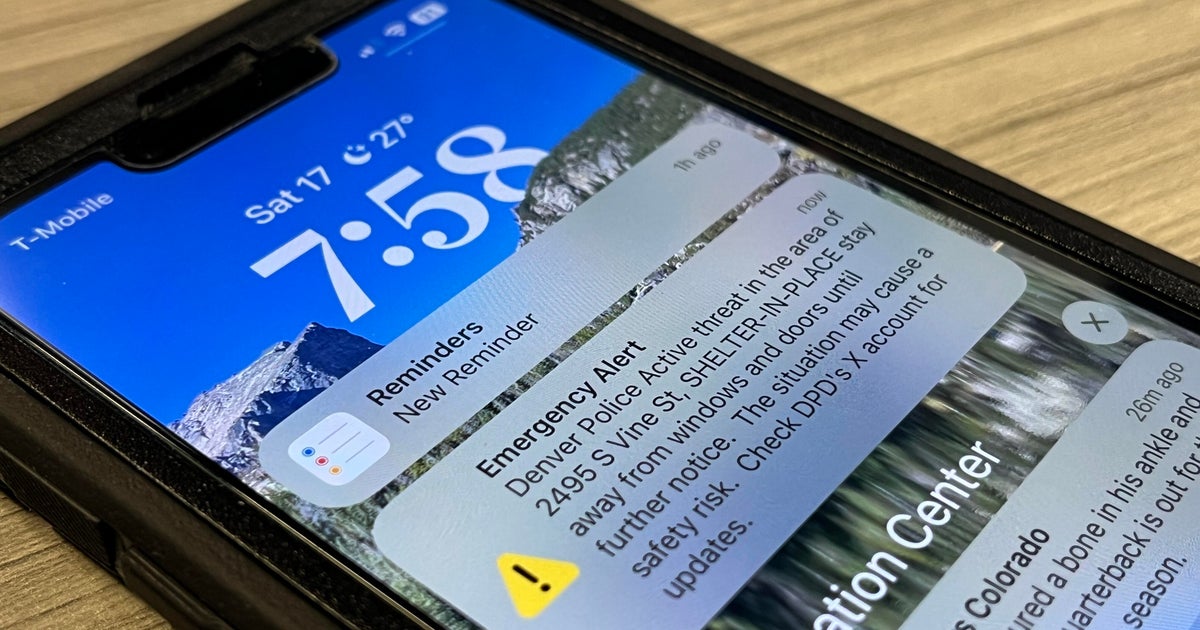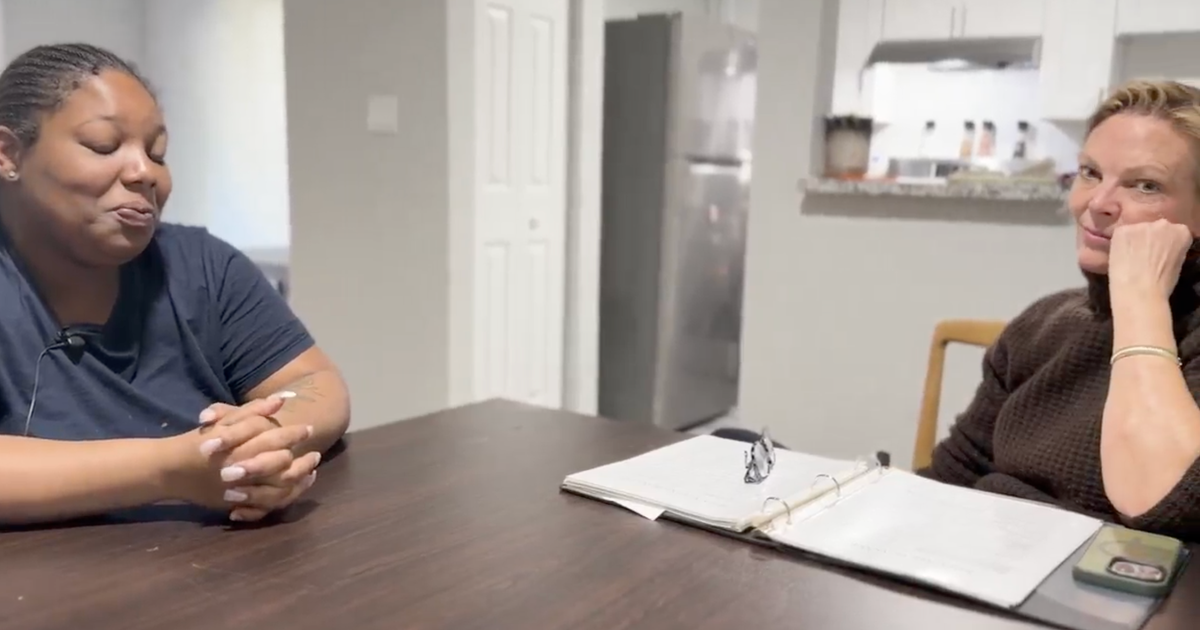TV anchor writes message to viewers after suffering beginning of a stroke live on the air
Julie Chin, a television news anchor based in Tulsa, Oklahoma, revealed that she likely suffered "the beginnings of a stroke" during a live broadcast on Saturday morning.
While opening the show for Tulsa's NBC affiliate station KJRH, Chin began to stumble over her words and ultimately paused what was meant to be a readout on NASA's Artemis launch to tell viewers, "Something is going on with me this morning, and I apologize," before cueing meteorologist Anne Brown.
A clip of the moment has been viewed hundreds of thousands of times on social media, since Chin shared an explanation and update about her health status Sunday evening.
"The past few days are still a little bit of a mystery, but my doctors believe I had the beginnings of a stroke live on the air Saturday morning. Some of you witnessed it firsthand, and I'm so sorry that happened," Chin wrote in a Facebook post.
"The episode seemed to have come out of nowhere. I felt great before our show," she continued, but noted that a handful of concerning symptoms developed quickly once the newscast started.
"First, I lost partial vision in one eye," Chin explained. "A little bit later my hand and arm went numb. Then, I knew I was in big trouble when my mouth would not speak the words that were right in front of me on the teleprompter. If you were watching Saturday morning, you know how desperately I tried to steer the show forward, but the words just wouldn't come."
The anchor said that her colleagues "recognized the emergency situation unfolding and called 911," and she proceeded to undergo "all sorts of tests" over the course of a couple of days spent in the hospital.
"At this point, Doctors think I had the beginnings of a stroke, but not a full stroke," Chin wrote on Facebook. "There are still lots of questions, and lots to follow up on, but the bottom line is I should be just fine."
Chin went on to share some important information that she has learned since the Saturday broadcast about stroke symptoms and early warning signs, as "it's not always obvious when someone has had a stroke, and action is critical."
She referenced an acronym — BE FAST — that can help identify the first symptoms of a stroke. The letters stand for: balance, eyes, face, arms, speech, time and terrible headache. They correspond with early stroke signals that are important to recognize because diagnosing a stroke can determine whether a person suffering from one receives effective treatment.
Treatments work best when a stroke is diagnosed within three hours of the onset of symptoms, according to the Centers for Disease Control and Prevention, and some patients are no longer eligible for those treatments once the three-hour window has past. Someone in the U.S. suffers a stroke once every 40 seconds, per the CDC, which adds up to more than 795,000 people per year.





